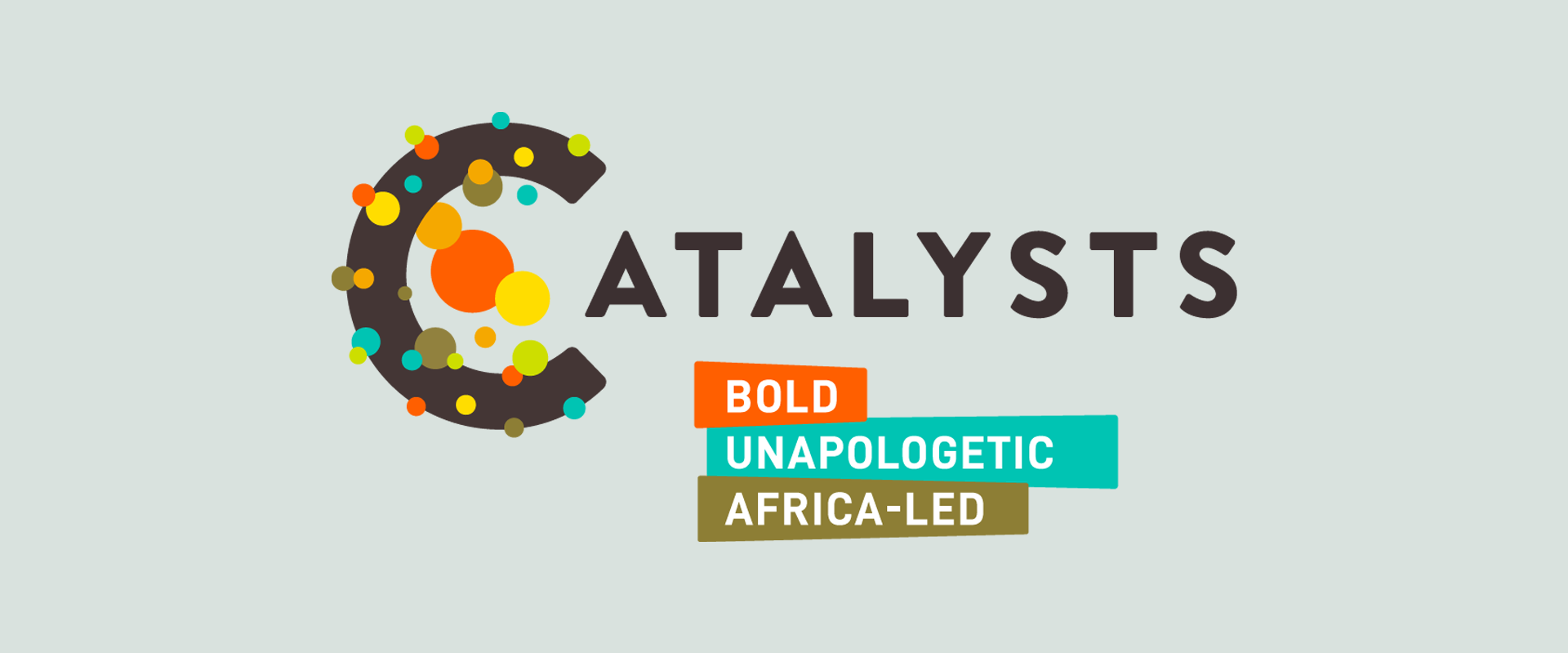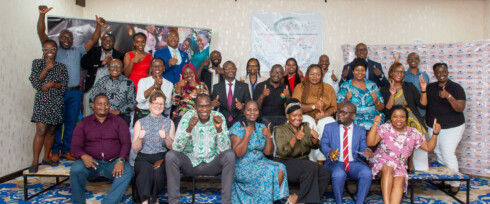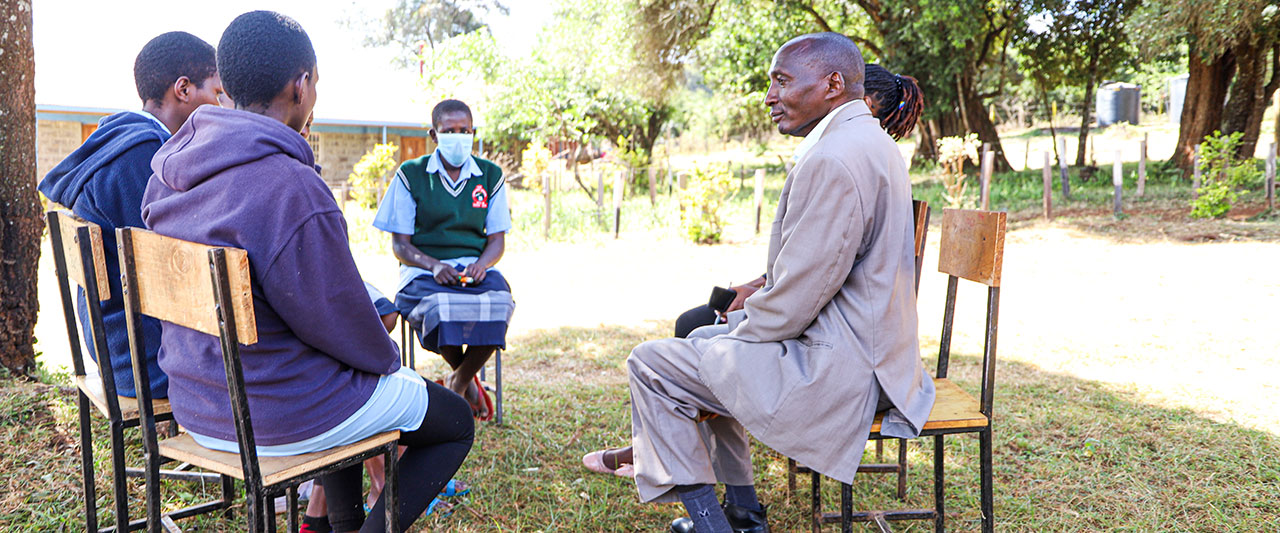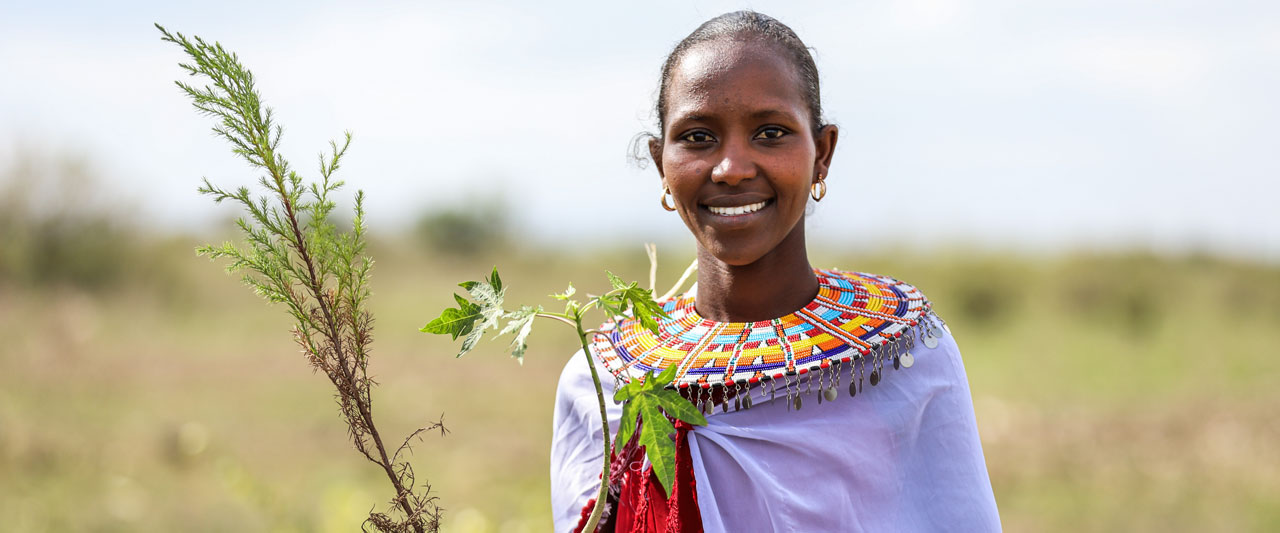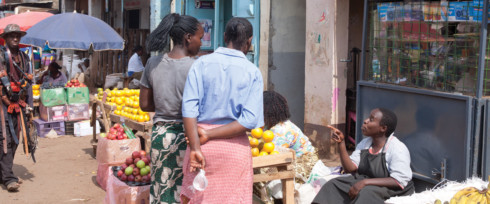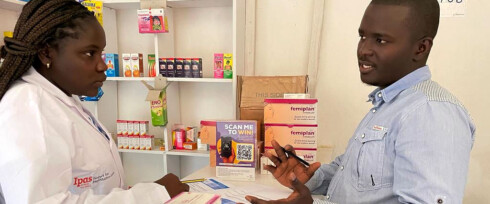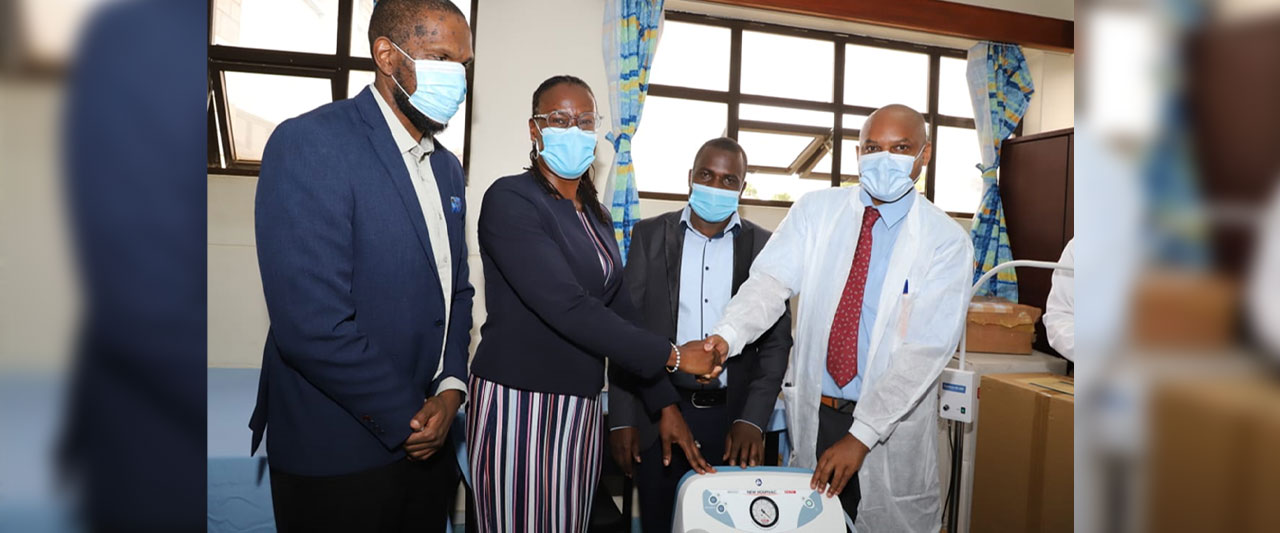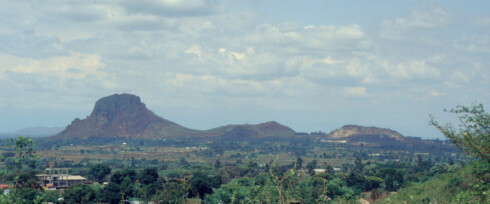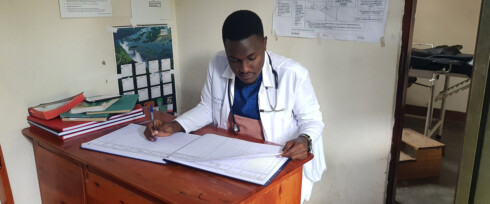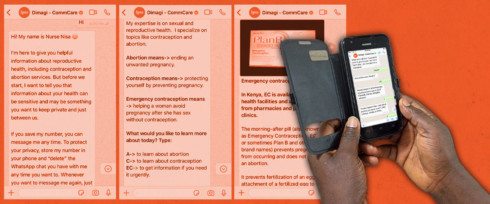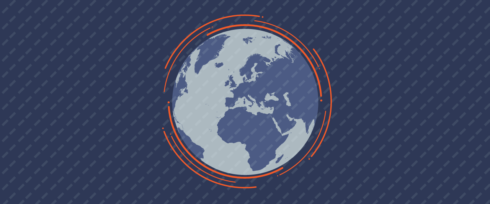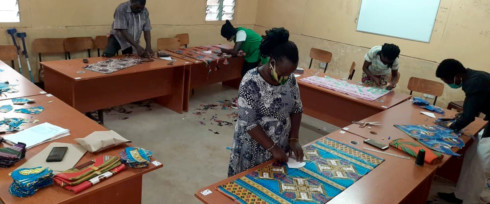In Kenya, unsafe abortion has long been recognized as a leading cause of death and injury for women. Under the new Kenyan constitution, abortion is legal under certain circumstances, but many providers have still not been trained in safe abortion care, and women continue to seek unsafe procedures and suffer complications. In neighboring Uganda, abortion-related causes account for 26 percent of maternal deaths, and most women who have abortions undergo unsafe procedures.
Ipas Africa Alliance for Women’s Reproductive Health and Rights works in Kenya and Uganda—and with regional East Africa partners—to reduce deaths from unsafe abortion, to expand the availability of safe abortion care, and to improve the legal and policy environment for safe abortion across the continent. Based in Nairobi, Kenya, Ipas Africa Alliance has programs to train safe abortion providers, support health clinics that offer abortion services, and develop youth champions for sexual and reproductive rights. In Uganda, programs also support comprehensive sexuality education that includes safe abortion, and Ipas Africa Alliance has worked with Uganda’s Ministry of Health Reproductive Division and a team of other partners to develop national standards and guidelines for reducing death and injury from unsafe abortion.
Impact in 2024
people received abortion at Ipas-supported facilities in Kenya
Ipas-supported health facilities in Kenya
abortion self-care access points in Kenya supported by Ipas
people received abortion at Ipas-supported facilities in Uganda
people received contraceptive services at Ipas-supported facilities in Uganda
abortion self-care access points in Uganda supported by Ipas
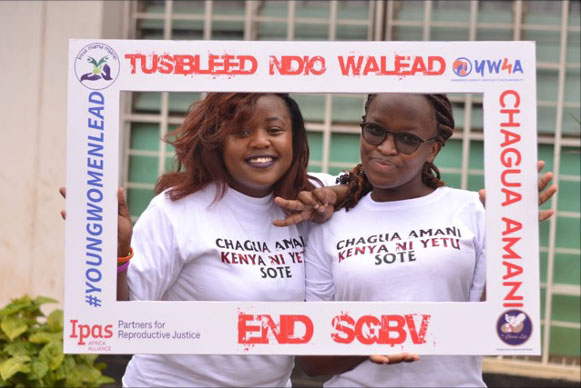
Partnering to save lives
Ipas Africa Alliance has partnered with Bomulusi, a community-based organization in Kenya, on an abortion stigma-reduction project. Below, Ipas Africa Alliance Accessibility Manager Julius Gwadah shares how the two organizations worked together to help a teenaged girl.
“
In Kakamega County, Kenya, a teenaged girl tried to terminate a pregnancy with herbs. She hid in a sugar cane field and developed sepsis. She was afraid to leave, fearing stigma and rejection from her community because she’d had an abortion. Three days passed, and the girl was near death. A community health volunteer for Bomulusi was coming home from the market when she spotted the girl in the field. The girl shared that she’d tried to terminate her pregnancy with herbs because she was afraid of being punished by her parents, discriminated against by her community, and being forced to drop out of school. The volunteer rushed the girl to an Ipas-supported health facility, where she received postabortion care. The girl recovered and was able to return to school. She also joined Bomulusi as a youth champion and psychosocial support group member for stigma reduction, so that others wouldn’t have to go through what she went through. This is how a partnership between Ipas and Bomulusi saved the life of a girl. ”
– JULIUS GWADAH, Ipas Africa Alliance Accessibility Manager
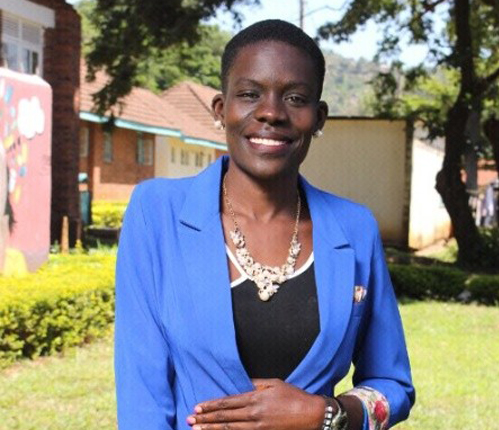
‘I grew up in a community where the education of girls is not a priority, seeing very brilliant girls’ dreams shattered because they had to drop out of school from pregnancy or lack of fees.’
Moraa Beryl, champion of youth reproductive rights in Kenya


